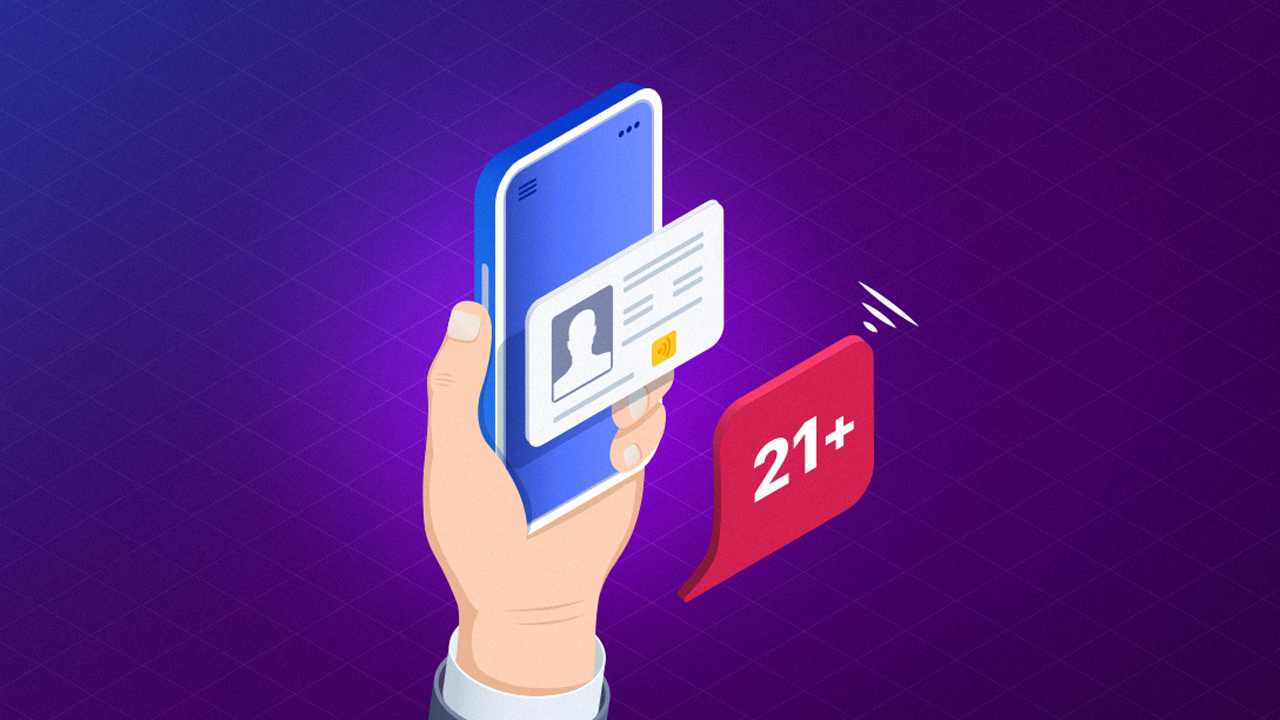In order to verify who you are or prove your reputation, you’ll need to share some information about yourself. The problem? We’re sharing way more than we need to both in the real world and online.
Let’s say you just got a promotion and are looking to celebrate with some bubbly wine. The cashier will request to see your driver’s license to make sure you’re of age. For most of us, this is completely normal. But if you actually think about this process, it’s kind of insane.
You’re essentially handing over all of your personal information — including your name, date of birth, home address, and your ID number.
Does the cashier actually need all of that information? No.
Technically speaking, all they need to know is whether or not you’re over 21 (in the US). They don’t even need to know your birthday.
I spent some time in Portugal this past summer. When we arrived at the Airbnb, the host requested that he take photos of all of our passports. Another host earlier in the year requested that we text photos of our license beforehand.
You can understand where the hosts are coming from. They need to know who their guests are in case something happens. And because these interactions are beyond the scope of Airbnb’s own platform, copies of my personal documents are now sitting on someone’s phone, a person I know little about.
We’re not picking on Airbnb here — and to be clear, these were special requests by individual hosts. This is just how things have always been done. This process is normalized because it’s convenient and there aren’t really any better systems in place.
But there should be.
We should be able to share only the necessary information in the context of the interaction. For instance, if I’m purchasing wine, I should be able to share only my date of birth — not the whole kit and kaboodle.
In an even smarter future, we’ll be able to receive a credential that states we’re over 21. In that scenario, you’ll be able to do what you need to do as an adult while maintaining full privacy. (Well, they’ll know that you aren’t a kid anymore, but that’s the point, isn’t it?)
These solutions aren’t just thought exercises, either. They’re coming. They’re coming because they just make sense. Why shouldn’t we respect our own privacy and protect our data if we can — all while maintaining an optimal level of trust that’s, in the end, more efficient and convenient.
Spoiler: We know they’re coming because we’re building them here at GlobaliD. Stay tuned.
If you’d like to learn more about GlobaliD, contact our sales team or follow us on Twitter, LinkedIn and YouTube.
You might also like:
Part 1: What a smart and humanistic approach to digital identity would like
Part 2: The Trust Triangle — the system of issuers, holders, and verifiers that illustrates how identity works (and how it’s broken, today)
Part 3: Why the ID Wallet is the first step toward achieving a new vision for digital identity
Part 4: Why every company is an identity company
Part 5: What is Bring Your Own Identity?
Part 6: Reusable Identity
Part 7: Device-based identity

